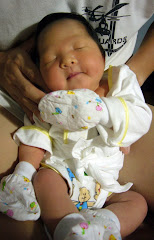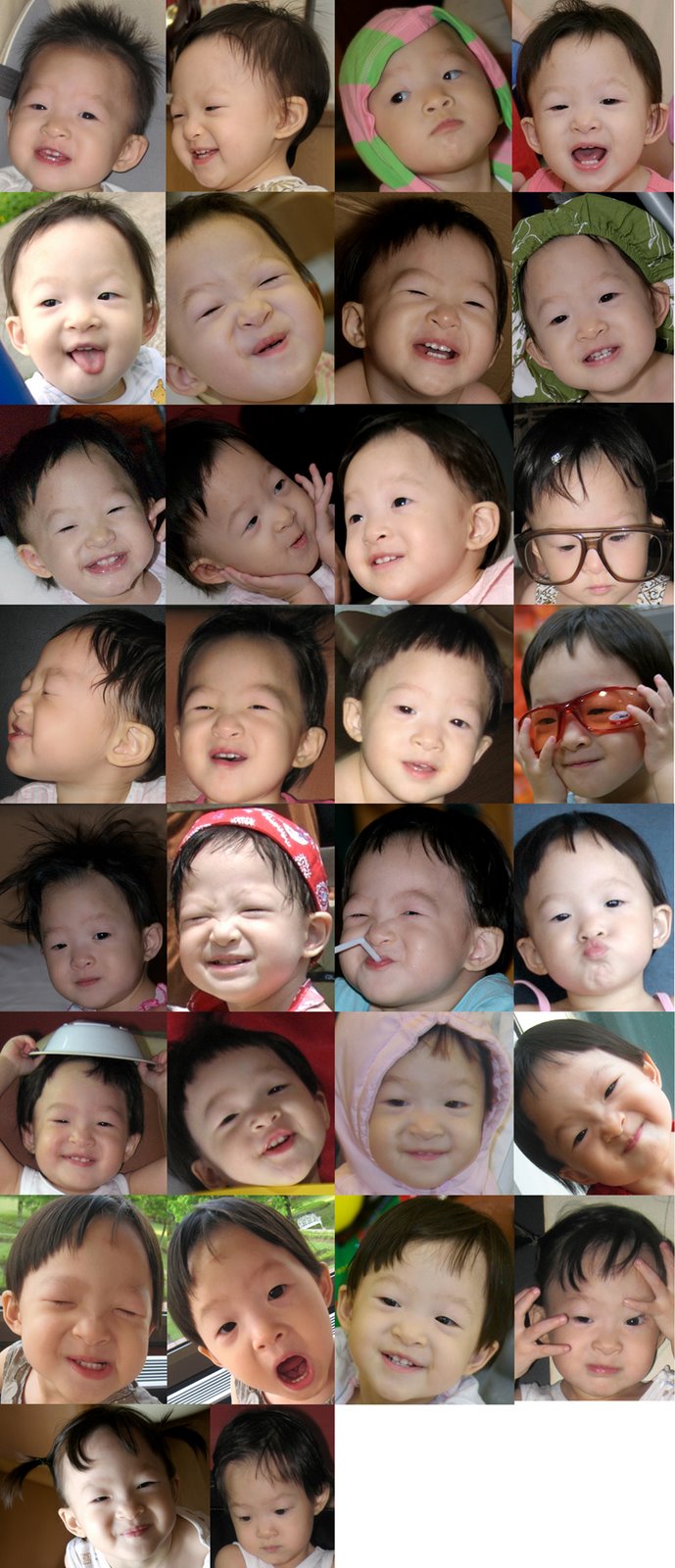http://parenting.ivillage.com/baby/bbreastfeed/0,,3x74,00.html
Mothers and mothers-to-be, please persevere to breastfeed because it benefits the mother as much as the baby. The longer, the more benefits for the mother, even if the mother is lazy to consume more calcium for herself cos Mama learns that it doesn't matter too much. Despite this fact, Mama will still try to eat more greens cos it's good for health generally.
This may come to a shock to many people, including Mama herself. Logically speaking, nursing mothers should have higher risk right? Cos mothers lose alot of calcium while making milk. While nursing, bone density will lower by abit, about 1%. But after weaning, the bone gains back, or even more. Even without taking supplementing more calcium in her diet. God is great! God really intends human beings to breastfeed their children throughout their childhood.
Summary of the La Leche League International article:
Physiologic Effects of Breastfeeding
- Immediately after birth, the repeated suckling of the baby releases oxytocin from the mother's pituitary gland ->produces contractions in the uterus. The resulting contractions prevent postpartum hemorrhage and promote uterine involution (the return to a nonpregnant state).
- Return of her menstrual periods is delayed ->benefit of conserving iron in the mother's body and often provides natural spacing of pregnancies; decreased risk of iron-deficiency anemia
- Breastfeeding reduces risk factors for three of the most serious diseases for women-female cancers, heart disease, and osteoporosis-without any significant health risks.
- Production of milk is an active metabolic process, requiring the use of 200 to 500 calories per day, on average. To use up this many calories, a bottlefeeding mother would have to swim at least 30 laps in a pool or bicycle uphill for an hour daily.
- Optimal weight loss, improved blood sugar control, and good cholesterol profile provided by breastfeeding may ultimately pay off with a lower risk of heart problems.
- Because women lose calcium while lactating, some health professionals have mistakenly assumed an increased risk of osteoporosis for women who breastfeed. However, current studies show that after weaning their children, breastfeeding mothers' bone density returns to prepregnancy or even higher levels (Sowers 1995). In the longterm, lactation may actually result in stronger bones and reduced risk of osteoporosis. In fact, recent studies have confirmed that women who did not breastfeed have a higher risk of hip fractures after menopause
- Breastfeeding from six to 24 months throughout a mother's reproductive lifetime may reduce the risk of breast cancer by 11 to 25 percent (Lyde 1989; Newcomb 1994). This phenomenon may also be due to suppressed ovulation and low estrogen








No comments:
Post a Comment